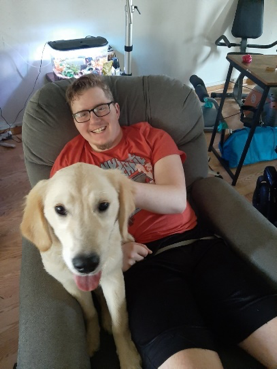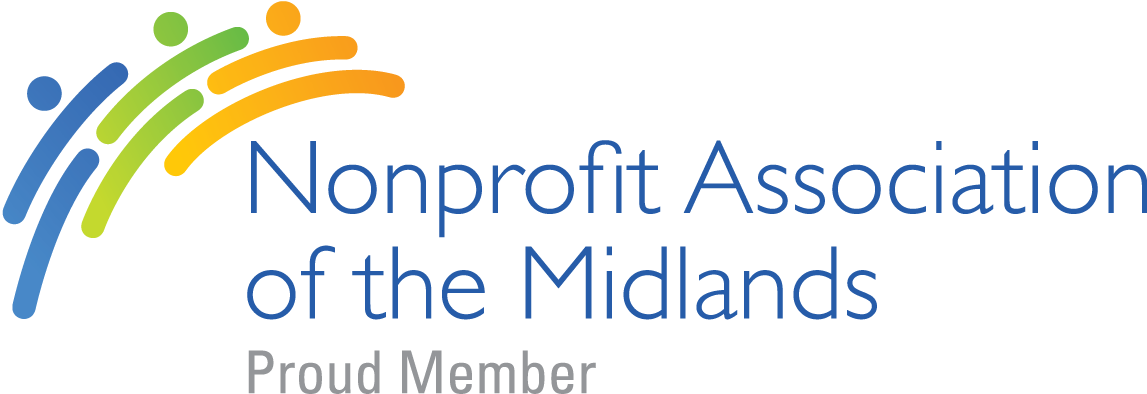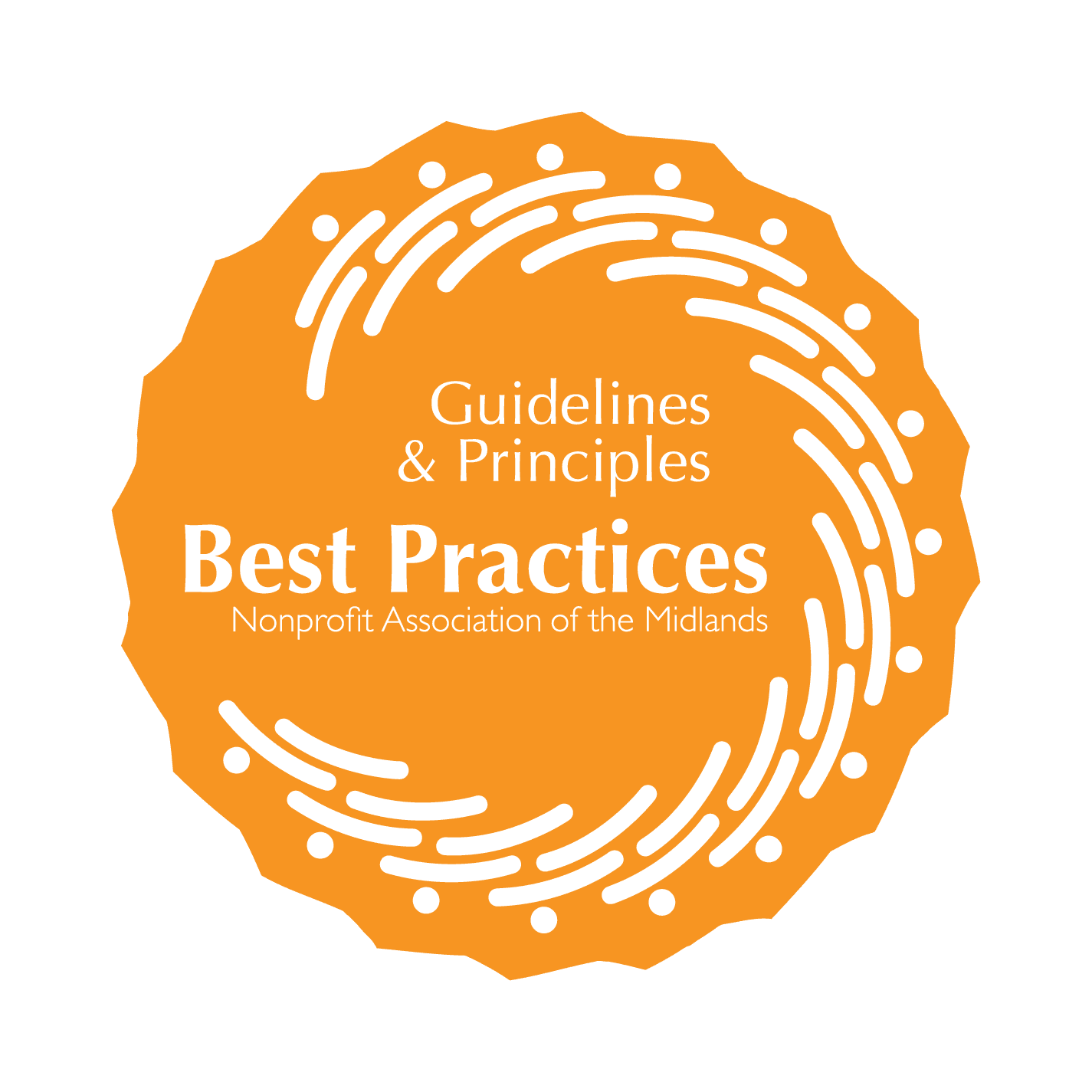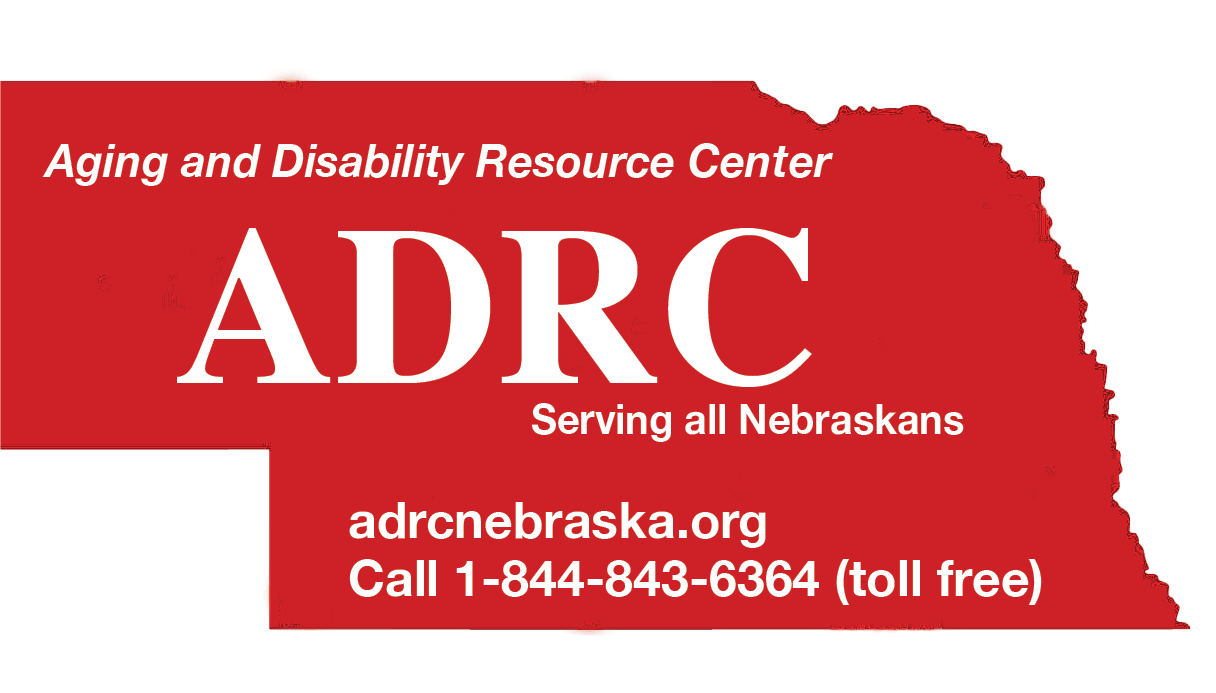
"In the end we will conserve only what we love; we will love only what we understand, and we will understand only what we are taught." (Baba Dioum, 1968.)
This quote came to mind when sitting down to have ice cream and a conversation with Megan, an intelligent, quietly compassionate, and dedicated college student working towards becoming a Physician’s Assistant. Leading the conversation was Amanda, a mom who appears remarkably youthful, fun, forthcoming and engaging even with the ongoing stresses of caring for two children living after brain injury, her oldest daughter starting college in the fall, and helping her aging mom to remain living at home.
I met Megan when she and some classmates attended a BRAIN Talk. Megan contacted me after the presentation to ask if she could do her practicum hours with the Brain Injury Alliance of Nebraska this summer. I was delighted that Megan was willing to volunteer her time to learn more.
Together we came up with the following questions for Amanda:
As a mother of two children that have suffered TBIs, what do you want practitioners to know about treating our growing population living after brain injury?
Amanda responded that no TBI is the same and the individual's issues may not be what they appear. Hailey, Amanda’s youngest daughter, suffered what is categorized as a “Mild TBI” that included a fractured skull and a hospital stay but no loss of consciousness. Now as a pre-teen, Hailey doesn’t appear as she did right after the injury with her head bandaged and her face badly bruised. However, Amanda works with the school to ensure that Hailey’s continuing “invisible” cognitive challenges related to her TBI are addressed.
According to Amanda, people assume what Hailey “can do” based on appearances. The opposite reaction is typical for her brother, Johnathon. Since his car accident in August 2016, at 16 years old, people judge Johnathon for what “he can’t do”. Amanda has fought to get Johnathon the right treatment to recreate his future after his life-threatening TBI. He uses a wheelchair and has difficulty communicating, especially when he gets tired. “He hurts a lot of the time.” Amanda discusses how people assume Johnathon spends significant time at medical appointments. The truth is unless Johnathon is really sick, there is no point in going to the doctor. Amanda read in one of the doctor’s notes that “the mother appears overly concerned.” Turned out that Johnathon did have an infection that needed to be treated.
What would be the best way to gauge or ask about Johnathon’s symptoms?
Amanda suggests asking something like, “Is this a typical day? Is how Johnathon is presenting now normal for him?”
What do you see are the 3 top needs that must be addressed in our state to assist individuals of all ages living after a brain injury to put their lives back together?
Amanda's first response was “More support for siblings, especially at first.” As a mom, Amanda recalls how her oldest daughter basically gave up her own life. Not wanting to go to school or hang out with friends until Johnathon came home.
Brain injuries can take a long time to heal and there is always the potential for progress with ongoing rehab. Amanda shares the frustration of insurance deciding how long rehab lasts. Unless the family is able to privately pay for treatment, improvement is limited by insurance standards not the individual, family, or primary care recommendations.
Everything can’t always be about the person's brain injury. Quality of life is about meaningful relationships and opportunities to grow! The majority of people the Brain Injury Alliance of Nebraska serves are under 60 years old. There is a tremendous need for residential and community opportunities that are age and need appropriate for younger individuals living after a brain injury. Megan works part-time in a nursing home and agrees. We discuss how to get more young professionals into providing home care with sensitivity towards socially engaging activities.
As a mother, how have you worked to advocate for your children and other Nebraskans living after brain injury?
Amanda shared her personal and professional experiences providing care to individuals of different ages and needs resulting from TBI and other diagnoses.
Johnathon and Amanda have made the four-hour round trip from home to the capitol in Lincoln to testify for Senators about the importance of the Brain Injury Trust Fund in connecting our growing population living after brain injury to needed statewide services and expanding supports serving the lifespan. We discovered during these visits that the Capitol is probably the least handicapped-accessible building in Nebraska when using a wheelchair.
As a presenter for BIA–NE's BRAIN Talk series, Amanda increases awareness of future educators about the accommodations needed by students whether they appear to be more like Hailey or Johnathon. Meet the person where they are, and work as a team to provide the needed supports for the individual to achieve their personal goals.
Whether a medical professional, teacher, community leader, or family member, we need more advocates like Amanda and Megan to increase awareness of brain injury prevention, education, advocacy and supports to create brighter futures for all Nebraskans!






